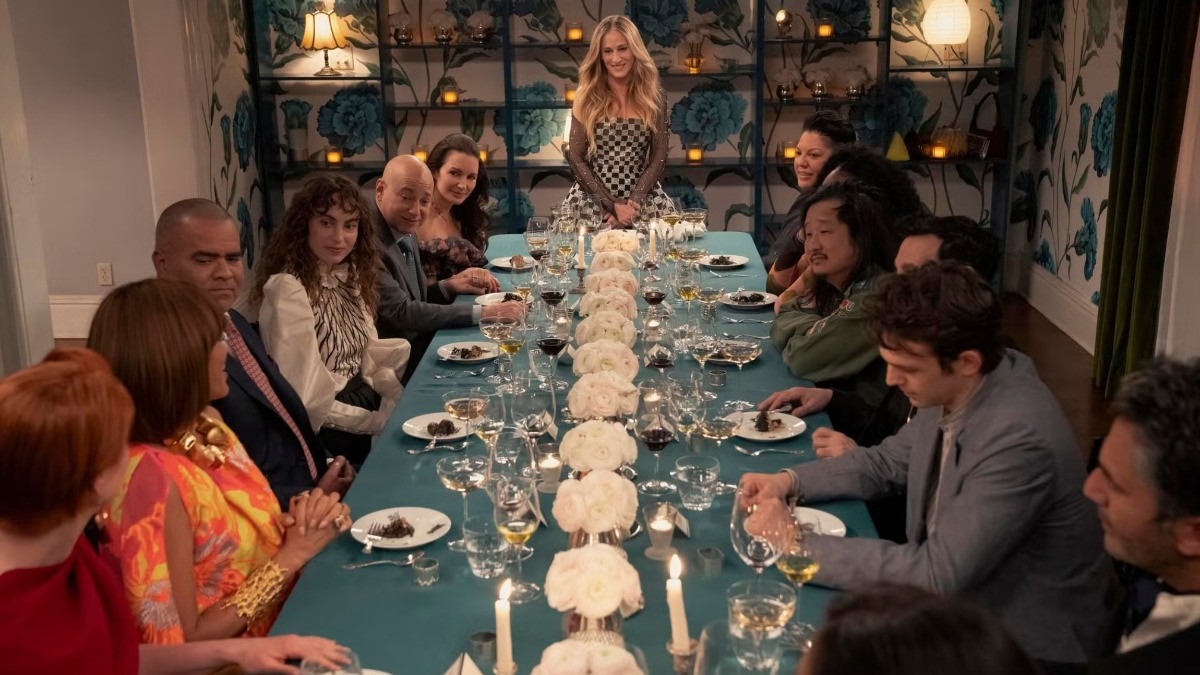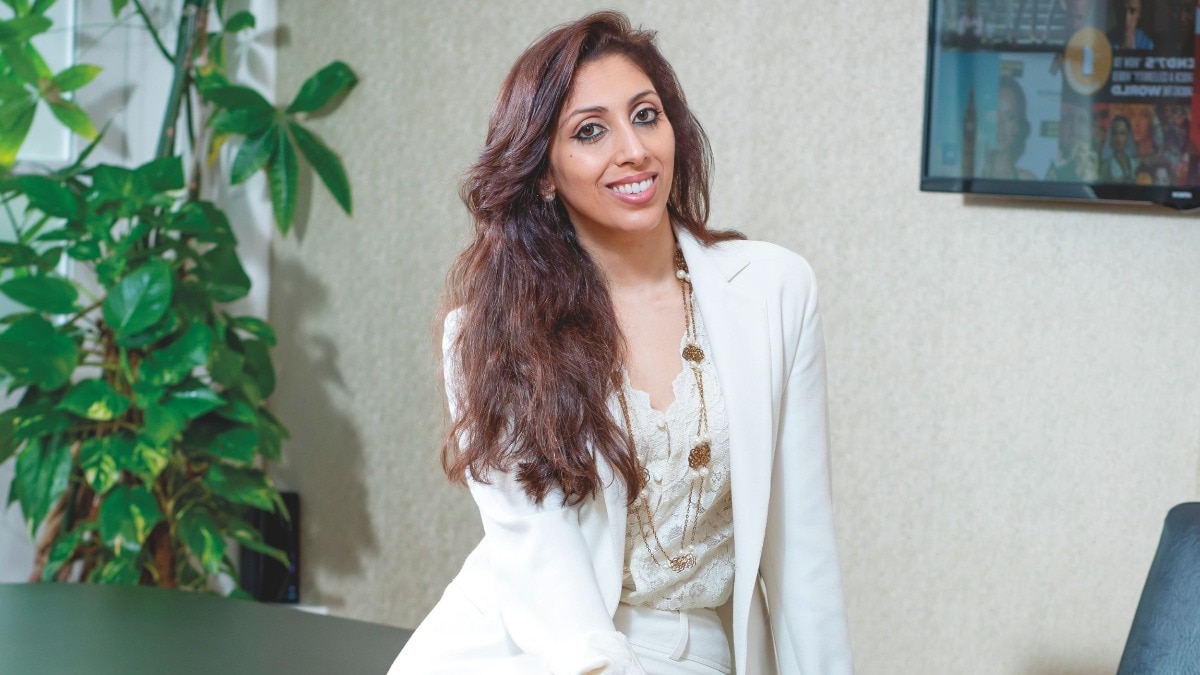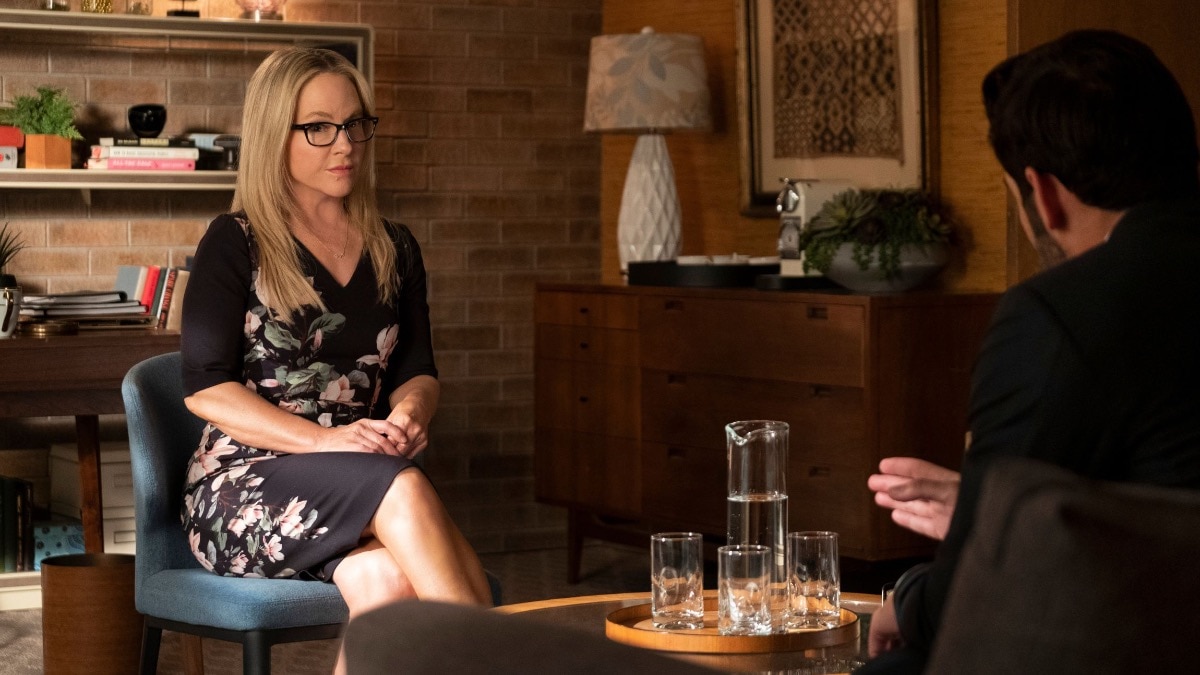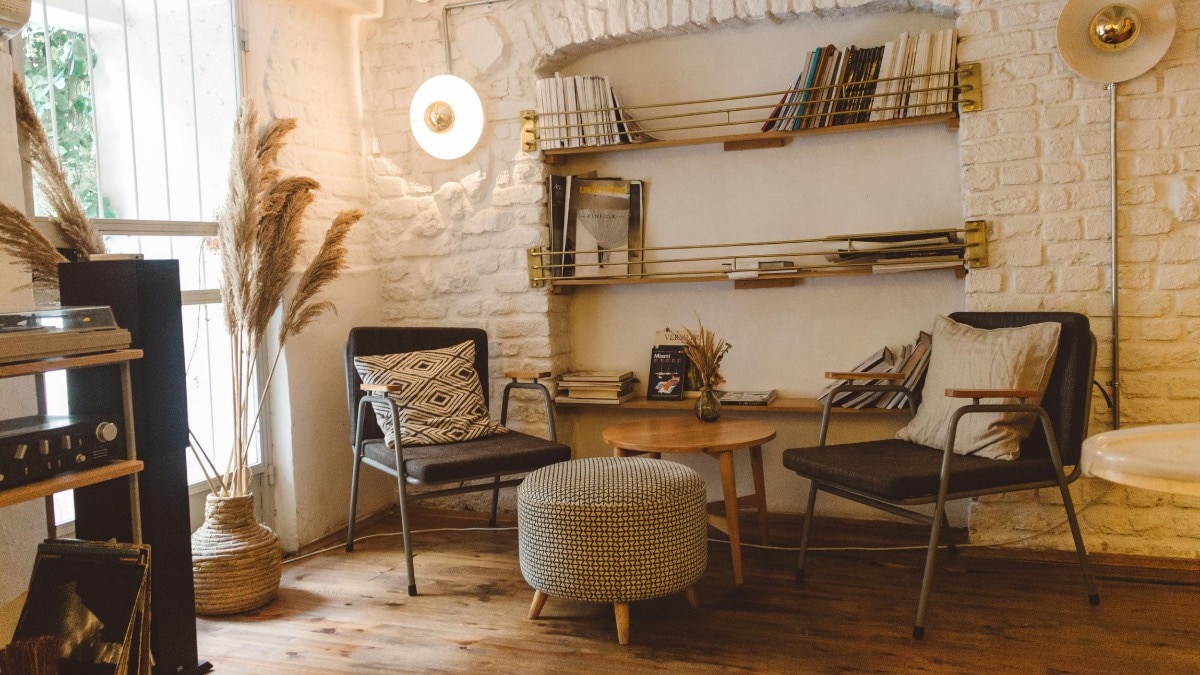
Good reception: why we need to rediscover the joy of phone calls
One report found that a quarter of people aged between 18 and 34 have never answered their phone.


There are few questions I dread more than ‘are you free for a quick call?’ It makes my thoughts jump almost immediately to death, disaster or being fired. And while I speak to my family and best friend on the phone regularly, an unsolicited call from almost anyone else fills me with an irrational terror. It turns out the creeping anxiety I feel watching my phone ring out of the blue is far from unusual.
Earlier this year, a report found that a quarter of people aged between 18 and 34 have never answered their phone—not once—with more than half assuming that an unexpected call means bad or unwanted news. The poll also found that many Gen Z and Millennials screen calls before following them up with a text, which was found to be the most popular method of communication, followed by social media messaging and that most divisive of modern mediums, the voice note.
It seems that the era of the phone call, when nineties and noughties teenagers racked up huge bills on their parents’ landlines, is long over. While calls were a lifeline for many during the pandemic (myself included), we seem to have returned to an overriding sense of scepticism towards them—and perhaps a wider reluctance to chat. Shortly after those surprising statistics did the rounds, there were reports of a Finnish hairdresser offering a chat-free ‘silent service’ that did away with the small talk commonly associated with a salon visit. It proved popular with clients seeking a moment of quiet but while the pursuit of peace is all well and good, it does beg the question: why do so many of us fear a good old-fashioned chat, especially on the phone?

“A lot of people are so used to communicating via text and WhatsApp that a phone call is a shock to the system,” the clinical neuropsychologist Dr Roz Halari tells me. “With a message, we get certainty and control. It’s on our terms and we can respond to it at any point in the day, whereas during a call you’re put on the spot and have to relinquish some sense of control.” What’s more, Halari goes on to explain, it can be difficult to read people over the phone. “You can’t see their facial expressions or body language, so your brain doesn’t get those conversational cues, especially if it’s someone you don’t know very well or haven’t seen in a while. You don’t really know what they’re thinking, other than from their tone of voice.”
But, as Halari and other experts note, there’s great value in voice calls, as they can help to forge stronger connections and improve mood. Hearing the familiar voice of a loved one on the phone can trigger the release of oxytocin (the ‘love hormone’ known for its role in bonding and relationship building) in the brain, something we wouldn’t derive from a written message on a screen. They can also be a great antidote to loneliness; Age UK’s Telephone Friendship Service, in which an older person who’s feeling lonely is matched with a volunteer for a weekly phone call, leaves 93 per cent of those who use it with an improved sense of wellbeing, according to the charity.
So how can we all rediscover this joy? The key, it seems, is to take a little-and-often approach. Josh Smith, an expert in the virtues of regular conversation and the author of Great Chat—a book exploring the benefits of connection—offers a simple route to overcoming anxiety. “A new study from the University of Sussex and University of Pennsylvania found that if you are socially anxious and you commit to starting conversations every day for just one week then you will start to alleviate your fears. When you consider that, you can see how it’s entirely within your control to get over your phone call phobia,” he says. “Start small by picking up the phone to check in with your partner, parent or housemate during the day. Then the next day call a friend unannounced to catch up. Start there and build up. Before you know it you will have the confidence to pick up a call from an unknown number or call a colleague to hash out a situation instead of sending a veiled passive-aggressive email.”
The registered psychotherapist Eloise Skinner agrees with this approach, suggesting we attempt to rebuild positive pathways, so that we can start to associate calls with feelings of connection and contentment. “They don’t have to be frequent or formal,” she says. “We might start off with a casual call every now and then, and establish a rhythm of checking in via phone. Once we have a strong recollection of phone calls that make us feel happy, the feeling of receiving a call might start to shift—instead of dread and fear, we might feel excitement or a sense of anticipation.”
In the last few weeks, I’ve made a conscious effort to have more phone conversations, starting with a catch-up with a friend who has moved to the US. After a few rounds of phone call tennis (I missed hers, she missed mine), we chatted for around half an hour about a high-low of life events: love, work, what we were having for lunch. We text on and off all the time but after this relatively brief chat, I felt like we’d really caught up. A few days later, an unexpected call from a former colleague had us both in fits of laughter within minutes, even though we haven’t spoken for months. Neither of these calls merited dread or fear, in fact, they were a delight. So if you fancy trying it for yourself sometime, I’ll be waiting by the phone.
Lead image: Pexels
This article originally appeared on Harper's Bazaar/UK in August.
Also read: 8 experts share empowering advice to help women manage menopause better
Also read: These typography artists are introducing vernacular fonts to their creations










